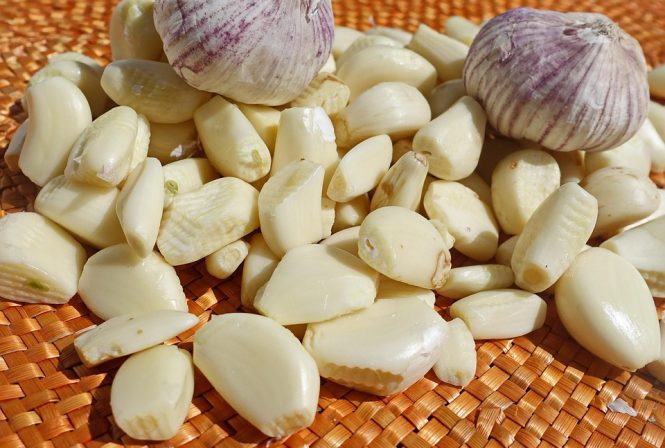
Good Fat, Bad Fat: Separating Fact from Fiction
For decades, fat has been villainized as the primary culprit behind weight gain, heart disease, and other health problems. However, not all fats are created equal. While some types of fat can indeed be detrimental to our health, others are essential for our well-being. In this article, we will delve into the world of good fat and bad fat, separating fact from fiction and exploring the benefits and drawbacks of each.
The Different Types of Fat
Before we can understand the difference between good and bad fat, it’s essential to know the various types of fat that exist. There are four primary categories:
- Saturated Fats: Found primarily in animal products, such as meat, dairy, and eggs, saturated fats are often solid at room temperature. Examples include butter, lard, and coconut oil.
- Monounsaturated Fats: Liquid at room temperature, monounsaturated fats are abundant in foods like avocados, nuts, and olive oil.
- Polyunsaturated Fats: Also liquid at room temperature, polyunsaturated fats are found in fatty fish, flaxseeds, and walnuts.
- Trans Fats: A type of unsaturated fat, trans fats are created during food processing and are commonly found in packaged snacks, baked goods, and fried foods.
The Bad Fats
Trans fats and excessive saturated fats are generally considered the “bad” fats. Consuming high amounts of these fats can lead to:
- Increased Risk of Heart Disease: Trans fats and saturated fats can raise levels of low-density lipoprotein (LDL) cholesterol, also known as “bad” cholesterol, which can clog arteries and increase the risk of heart disease.
- Weight Gain: Overconsumption of saturated fats, particularly from animal sources, can contribute to weight gain and obesity.
- Inflammation: Trans fats and saturated fats can trigger inflammation in the body, which has been linked to various chronic diseases, including cancer, diabetes, and Alzheimer’s disease.
The Good Fats
Monounsaturated and polyunsaturated fats, on the other hand, are considered the “good” fats. These fats offer numerous health benefits, including:
- Improved Heart Health: Monounsaturated and polyunsaturated fats can help lower LDL cholesterol and increase levels of high-density lipoprotein (HDL) cholesterol, also known as “good” cholesterol.
- Reduced Inflammation: These fats have anti-inflammatory properties, which can help mitigate the risk of chronic diseases.
- Weight Management: Good fats can help with weight management by keeping us feeling full and satisfied, reducing the likelihood of overeating.
- Brain Function: Omega-3 fatty acids, a type of polyunsaturated fat, are essential for brain function and development.
The Gray Area: Saturated Fats Revisited
While excessive saturated fat consumption can be detrimental to our health, some saturated fats, like those found in coconut oil and full-fat dairy products, may have neutral or even beneficial effects on our health. Medium-chain triglycerides (MCTs), found in coconut oil, have been shown to have potential health benefits, including weight loss, improved cognitive function, and increased energy.
Separating Fact from Fiction
Now that we’ve explored the different types of fat, it’s essential to separate fact from fiction. Here are some common myths and misconceptions about fat:
- Myth: All fat is bad for you. Fact: While some fats can be detrimental to our health, others are essential for our well-being.
- Myth: Low-fat diets are always healthy. Fact: Many low-fat diets replace fat with added sugars, refined carbohydrates, or artificial sweeteners, which can be detrimental to our health.
- Myth: All saturated fats are created equal. Fact: While excessive saturated fat consumption can be problematic, some saturated fats, like those found in coconut oil and full-fat dairy products, may have neutral or beneficial effects on our health.
Conclusion
In conclusion, not all fats are created equal. While trans fats and excessive saturated fats can be detrimental to our health, monounsaturated and polyunsaturated fats are essential for our well-being. By understanding the different types of fat and their effects on our health, we can make informed decisions about our diet and lifestyle. Remember, a balanced diet that includes a variety of whole, nutrient-dense foods is the key to maintaining optimal health. So, go ahead and indulge in those good fats – your body will thank you!